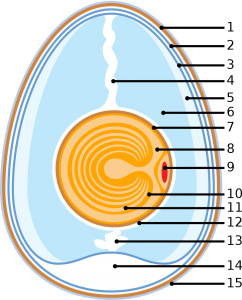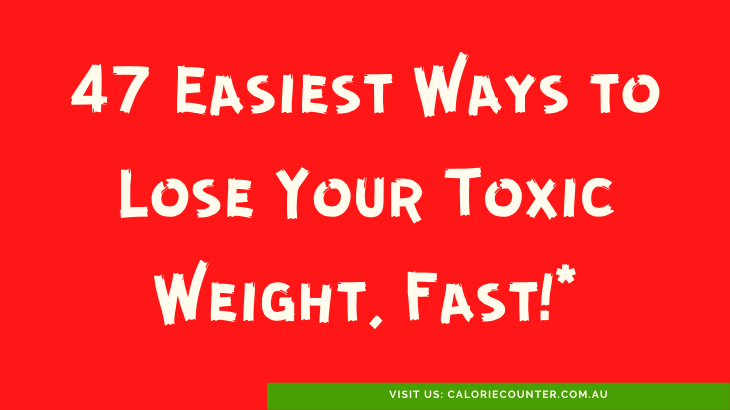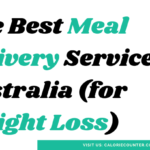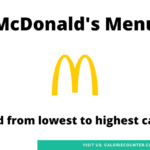How many calories in a boiled egg? There are 84 calories in a typical (60g) boiled egg and 127 calories per 100g in raw egg. All well and good, but what about egg nutrition? Is it a good idea to eat eggs?
Yes it is.
Can they help with weight loss?
They certainly can. Read on for detailed insights!
The original super-food for adults
Comparing calories in egg to the overall nutrition in egg, it is easy to see why people call it the original super-food. If you read our previous post on sardines, you might recall that whole-animal foods tend to be highly nutritious because bones, internal organs, connective tissue and skin hold in the trace minerals and vitamins that are often processed out of modern foods.
Anatomy of an Egg
The humble egg is made up of 15 different parts, not just shell, white and yolk:

It is pretty amazing to realise that those 15 parts contain everything needed to make a living, breathing baby chicken with blood, bones, downy feathers, eyes, beak, nails and everything else that goes with them.
No Vitamin C!
In fact, with the notable exception of vitamin C, eggs contain good volumes of pretty much every essential nutrient your body needs to thrive.
Easy to Digest
Eggs are much easier to acquire than live, mobile, scratchy and bitey animals in the wild, so you can be certain that your hunter/gatherer ancestors and their predecessors ate them whenever and wherever they could find them. It is therefore no surprise to learn that eggs are one of the most easily digested natural foods available.
Vitamins and Minerals in Egg
So, eggs are nutritious, but lets delve into some of those essential micro-nutrients. They have generous quantities of these stand-out nutrients:
- Vitamin B12
- Vitamin B9 (Folate)
- Vitamin B6
- Vitamin B1
- Vitamin B3
- Vitamin A
- Vitamin D
- Vitamin E
- Choline
- Calcium
- Iron
- Phosphorous
- Zinc
- Selenium
- Thiamin (Vitamin B1)
Chicken eggs are also a good source of phospholipids (usually about 1.3g in the average egg), which are used in our bodies to build cell membranes. This is a crucial requirement for healthy body function and is especially beneficial for heart, metabolic and brain function.
Eggs Contain Phosvitin
Notably, eggs also contain phosvitin, which is a powerful anti-oxidant which works on the iron in your body to reduce inflammation. The whites of hen eggs usually contain about 6g of pure, high-quality amino acids of the type that are easily absorbed and converted by the body.
The list goes on but you get the point… An egg gives you way more bang for your buck than a slice of white bread.
Cholesterol in Egg
In the 1990s eggs got lots of bad publicity because studies found that they contain high amounts of cholesterol. At the time, most research simply pointed to cholesterol as being a leading cause of heart disease.
Since then, numerous studies have enhanced our understanding to a point where it looks like the cholesterol in eggs does not cause heart disease. This is because most of the cholesterol in our bodies is made by our livers, and our livers make more or less of it depending on how much they need to “top-up” the supply our bodies get from food.
Eating more or less cholesterol from eggs does not have any significant effect on our internal cholesterol levels. Without going into more detail like the difference between “good” and “bad” cholesterol, or the fact that high cholesterol does not actually cause heart disease, suffice to say that it makes no sense to avoid eating eggs because of concerns about cholesterol.
Calories in Egg and weight-loss
Can eggs help with weight-loss? Yes, they can. Not only are they so densely nutritious that you can pack lots of nutrition into a less calorific package, but studies like this one show that they make you feel fuller for longer!
When we feel satiated we are less likely to be tempted into eating the calorie-dense snacks, extra-large portions and sugary drinks that are guaranteed to destroy any weight-loss plan.
So there you have it – boiled, poached, scrambled, curried or sunny-side-up, eggs are good food!









